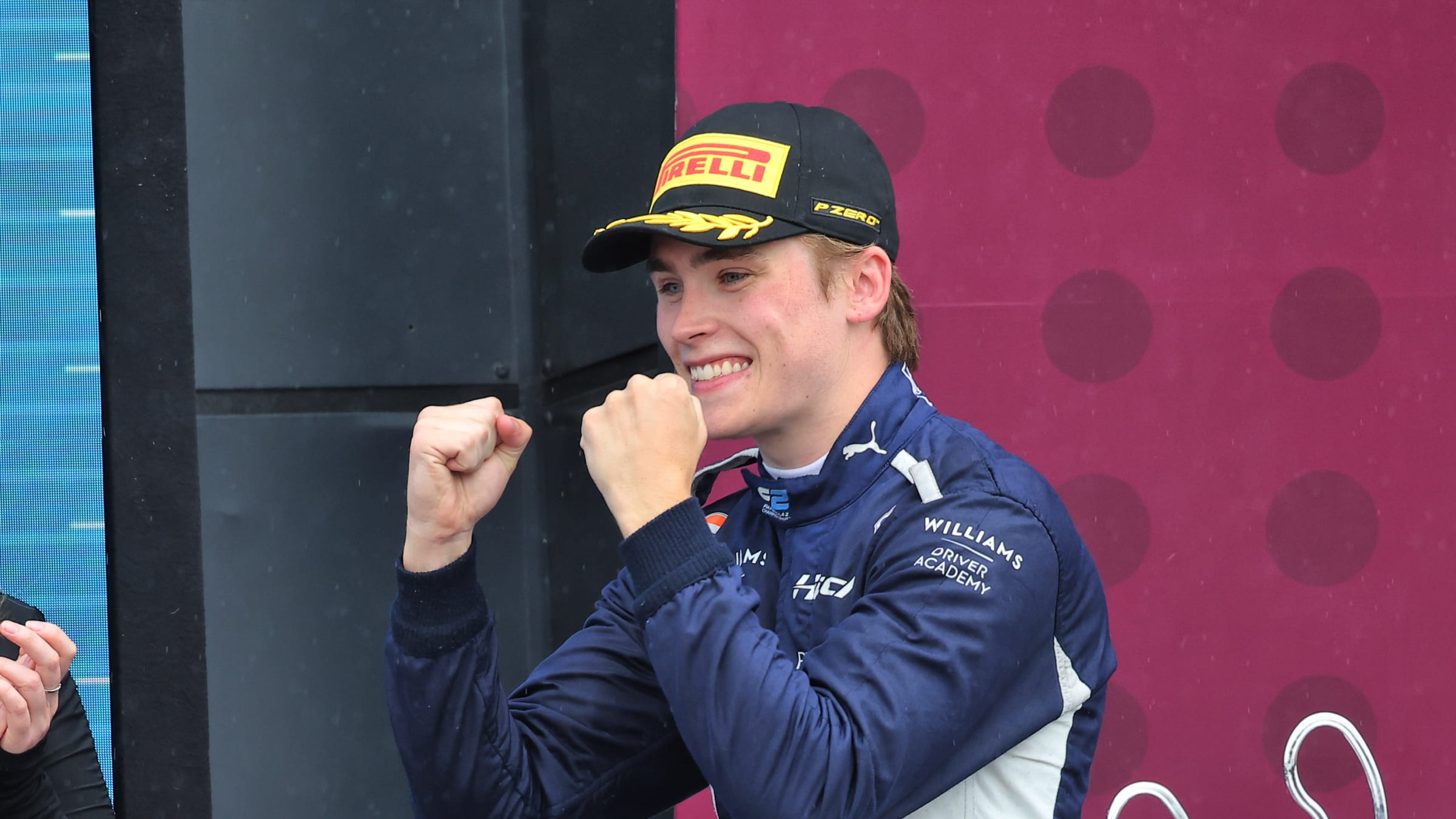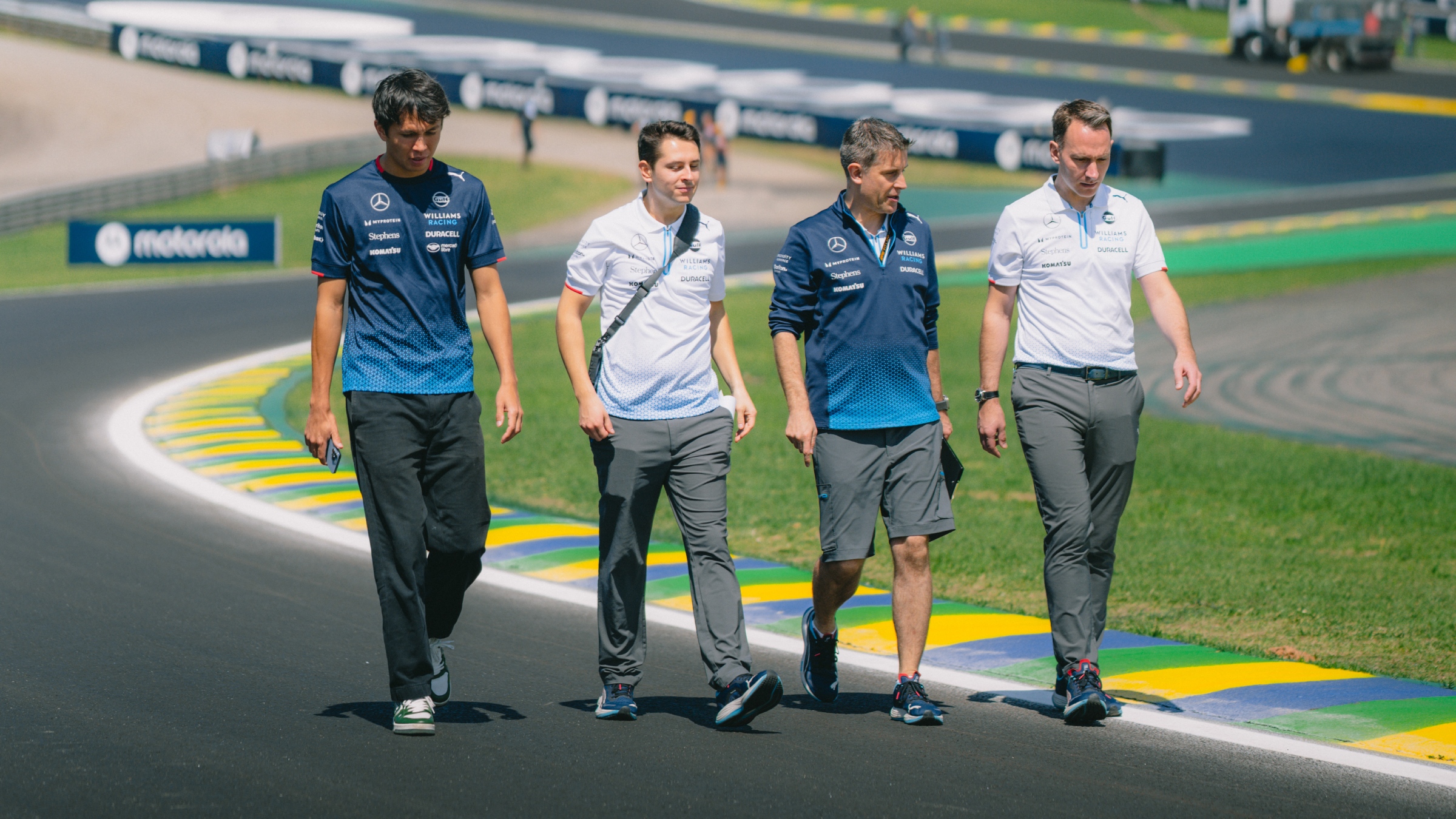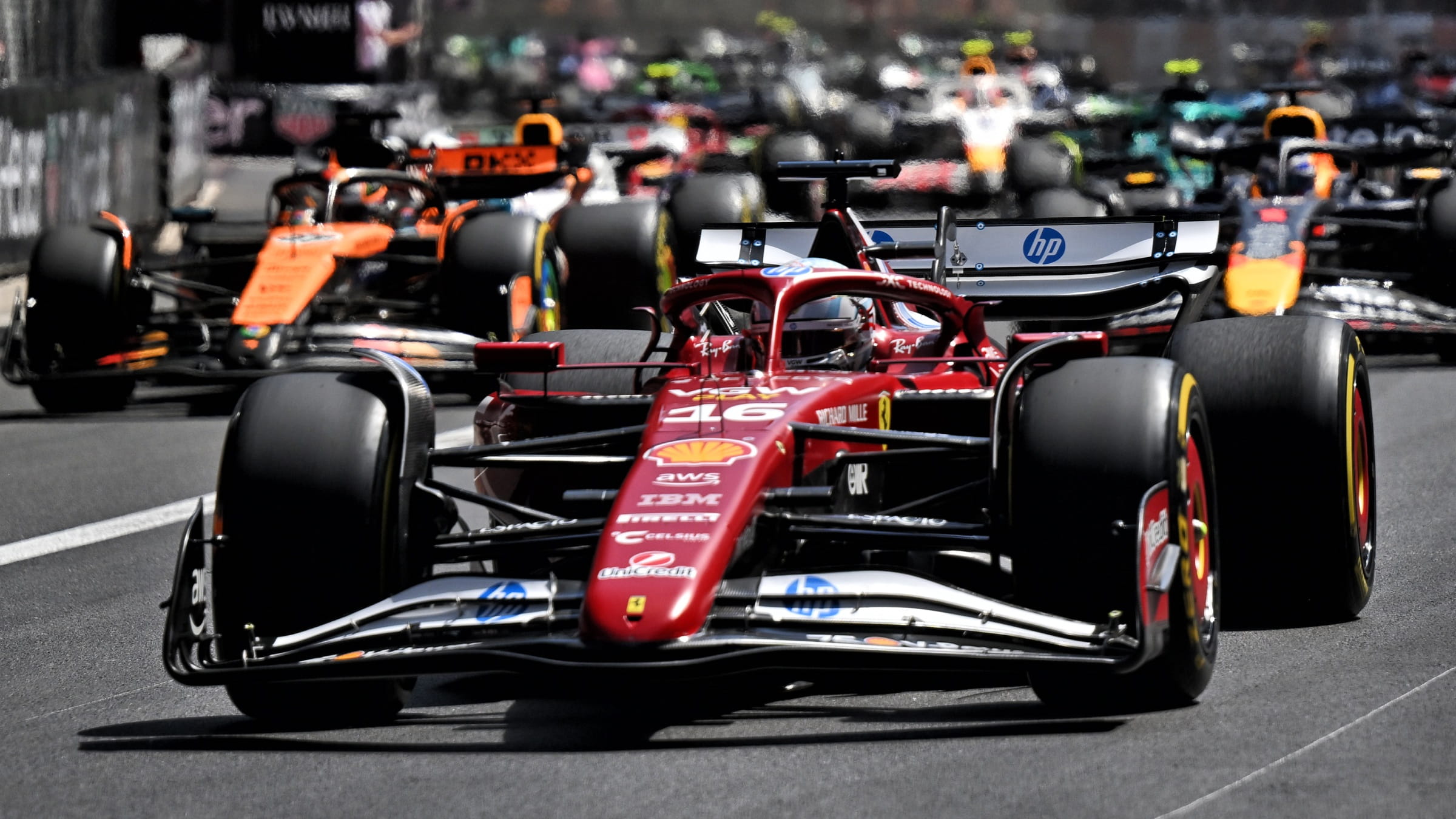Car
Hulkenberg’s Silverstone podium goes beyond a ‘feel-good’ story
by Rosario Giuliana
7min read

The 2025 British Grand Prix delivered one of the most compelling stories of this Formula 1 season as Nico Hulkenberg clinched his first career grand prix podium, ending the longest podium drought in F1 history.
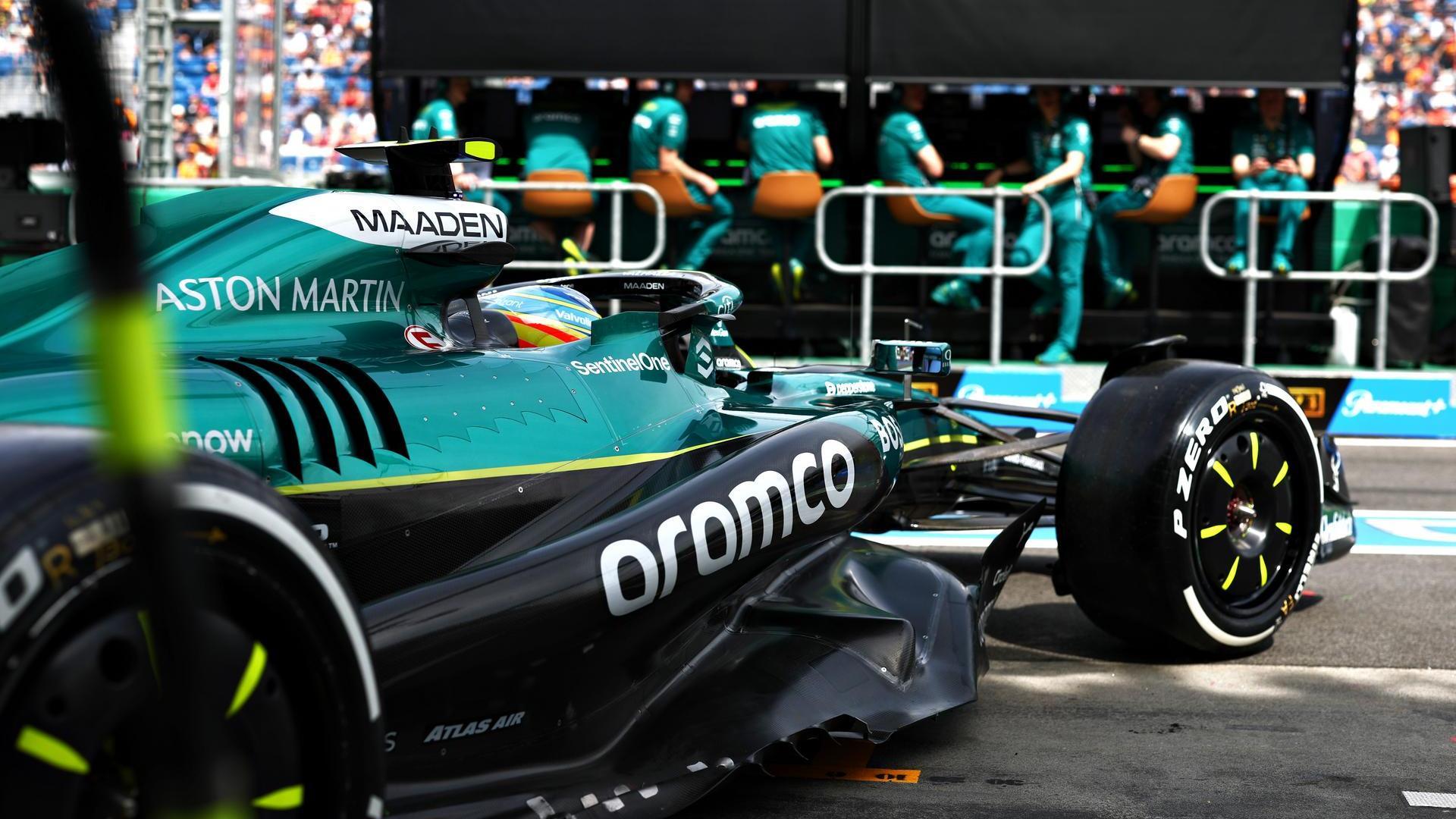
Sign up for a newsletter and we'll make sure you're fully up-to-date in the world of race technology
For Sauber, it was a feel-good story, and a sign that the team that will become Audi in 2026 has managed to capitalise on tangible technical progress.
It took 239 grands prix for Hulkenberg to take his first podium in F1. This was also Sauber’s first such achievement since the 2012 Japanese Grand Prix.
Beyond the captivating emotion of Hulkenberg’s podium, there are clear signs of a technical project that is finally heading in the right direction under the guidance of team principal Jonathan Wheatley and chief technical officer Mattia Binotto.

Jonathan Wheatley (L) and Mattia Binotto (R) have spearheaded Sauber’s recent upturn in form
A constantly evolving project
The real key to Sauber’s progress lies in this year’s car - the C45 - which, early in the season, looked set to stay at the back of the grid.
Only through a structured and progressive technical transformation has Sauber changed its fortunes, investing resources in continuous aerodynamic evolution - particularly on the floor.
The C45 might be one of the most heavily upgraded cars of 2025 as the team has declared updates at numerous races, with major updates introduced in:
- Saudi Arabia
- China
- Austria
- Great Britain

Sauber’s changes from China (above) to Japan (below) focused on the front of the floor
Each time, the floor was modified with incremental updates aimed at improving underbody airflow management and optimising ground effect across different track layouts. The latest version, brought to Silverstone, introduced revisions to the Venturi tunnel geometry to increase stability through corners and downforce at high speed, building on updates introduced just one race earlier in Austria.
This modular development philosophy, based on gradual refinements tested on track, is a clear indication that the Hinwil (Switzerland) engineers, led by Binotto, have finally found a clear and effective technical direction. Credit also goes to Wheatley, whose organisational expertise is giving structure and focus to a team that has often struggled with consistency in the past.
That the upgrades are working shows that the team’s findings on the track are correlating with its work back at the factory: within the windtunnel and using computational fluid dynamics simulations.

Even from Monaco (above) to Spain (below), Sauber’s floor showed signs of iterative development
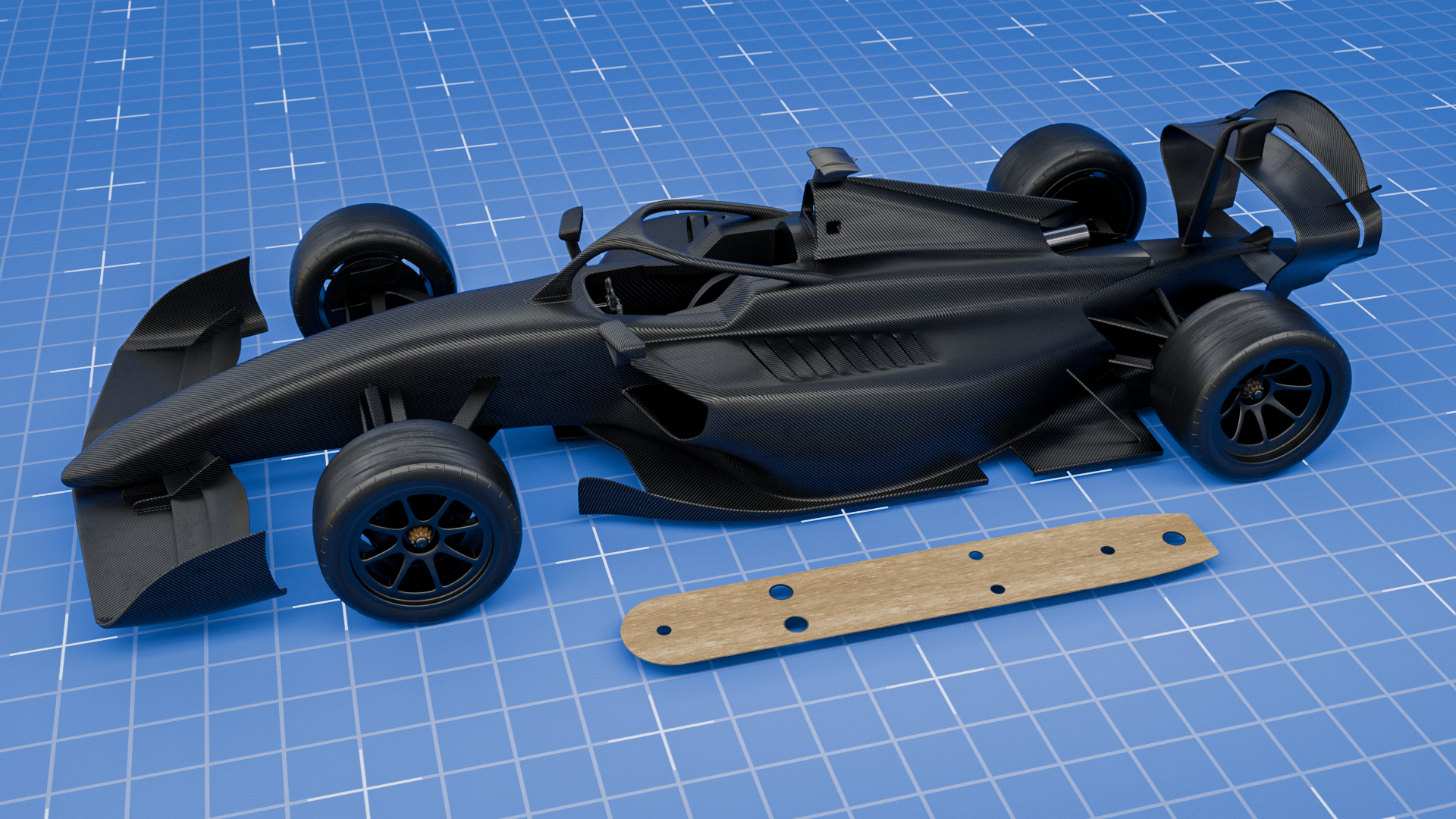
Car, Innovation
What is the plank assembly and skid block and why are they so important in F1 and F2?
The real strengths of the C45
The 2025 Sauber’s bodywork has undergone key changes beyond the floor.
Multiple versions of the sidepods and modifications to the flow deflectors have been introduced to improve thermal management and airflow to the rear of the car, leading to better aerodynamic coherence. All of this has produced a more predictable balance, especially in race conditions.
Qualifying performance remains a weak point; the C45 struggles on single-lap pace - with a best grid position of eighth so far in 2025 but a mean of nearly 16th - compared to some direct rivals and the top teams.
Yet, the car shows great consistency over race distance from high-downforce layouts like Barcelona to faster tracks like Austria and Silverstone. This ability to manage tyres and maintain a stable race pace has allowed both Hulkenberg and young Brazilian rookie team-mate Gabriel Bortoleto to climb through the field from lowly starting positions.
This might be a transition year ahead of the significant regulation overhaul coming in 2026, but it shows that Sauber knows how to adopt the right development philosophy.

Sauber changed its front wing multiple times before settling on a design for the season-opening Australian Grand Prix - and even then it tested two specifications in Melbourne
Audi on the horizon
The constructors’ standings say it all: Sauber sits sixth ahead of teams with greater resources and higher expectations for this season and the future.
The opening of a new facility in Bicester (UK) is another crucial step in Audi's plan - a technical hub that will work in synergy with Hinwil.
The decision to keep investing in the current car and refine key concepts on the C45 is a strategic move, with each update serving as a valuable testing ground for technical philosophies that will be adapted to the future Audi F1 project.
Audi will likely inherit a team that’s prepared to hit the ground running in the next era of F1.

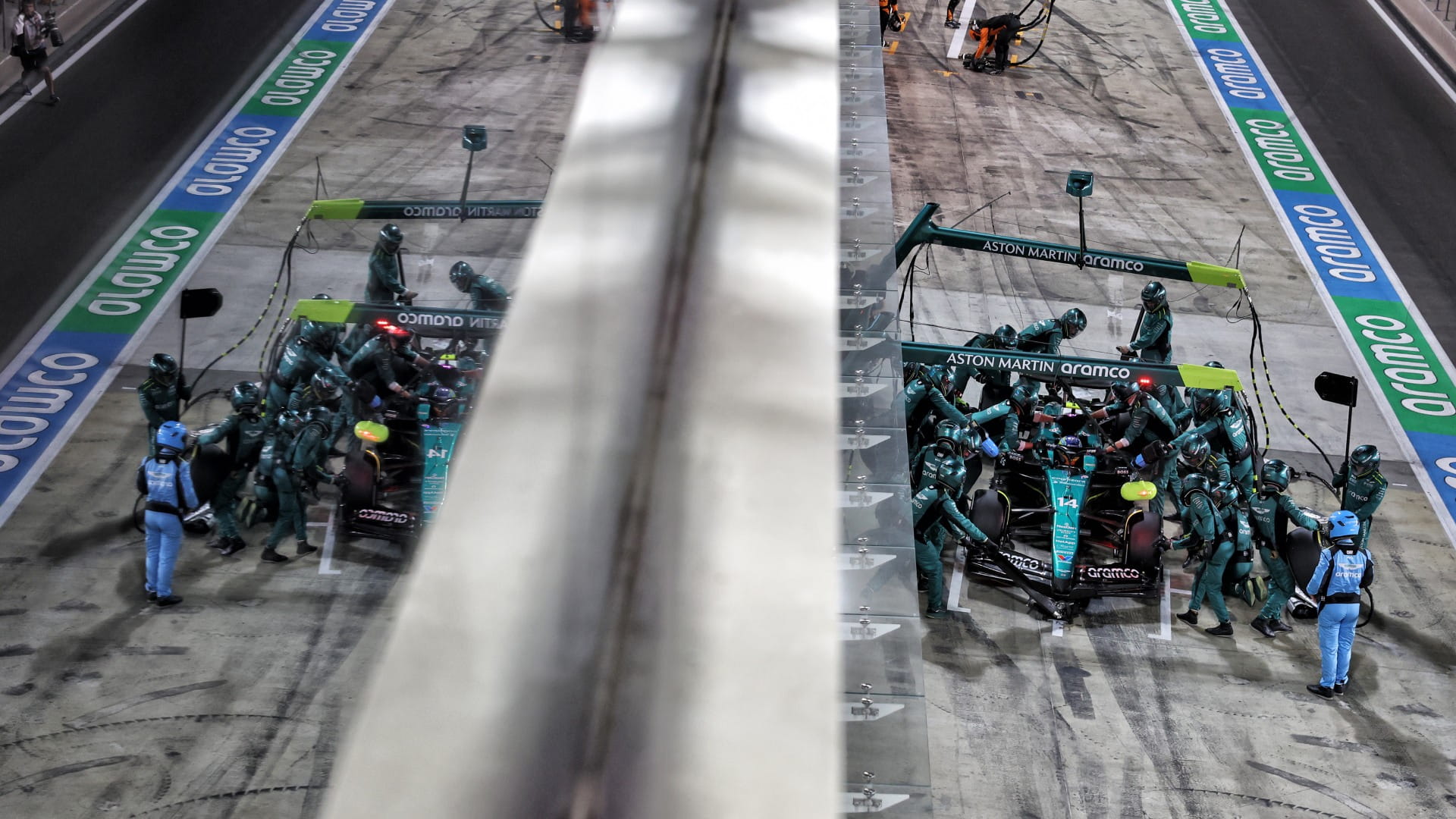
.jpg?cx=0.5&cy=0.5)
